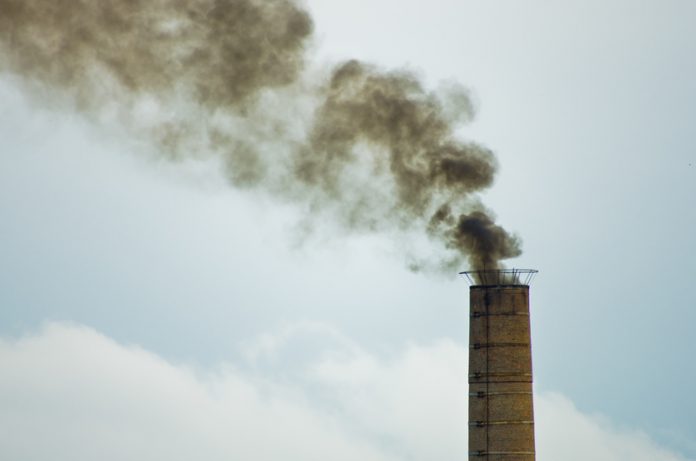New data shows that global carbon emissions remained static during 2016, boosting hope that reversing the worst effects of climate change is still possible
With the exception of India, all the world’s largest contributors to global carbon emissions saw their output either fall or remain static.
Stalled emissions still mean large amounts of CO2 are being released into the atmosphere, and still have the potential to cause devastating harm to our atmosphere.
Heat-trapping greenhouse gases such as methane from cattle are still on the rise.
The modernisation of global industry has led to a lesser need for coal and the embracing of renewable energy such as solar and wind has allowed for a fall in CO2.
Similar stalling occurred in 2014 and 2015, despite a period of global industry boom.
China reducing its emissions was especially inspiring to climate change scientists, as the country was previously one of the largest contributors.
Three years of stagnating growth has given some scientists a renewed sense of optimism that a peak has been reached rather than a one-off exception.
What must be done next
Professor Lord Nicholas Stern from the London School of Economics said the results were promising but further action was still required:
“These results are a welcome indication that we are nearing the peak in global annual emissions of greenhouse gases.”
“To realise the goals of the Paris agreement and hold the increase in global average temperature to well below 2C, we must reach peak emissions as soon as possible and then achieve a rapid decline soon afterwards.”
Growing numbers of cattle are still a problem, producing large amounts of methane and requiring forests to be felled to make room for grazing.
One kilogram of beef produces an estimated 34.6 kilograms of CO2, and demand for beef is rising as the global population grows.
Not all scientists are completely optimistic, with some advising caution that this may be a temporary blip rather than the start of a drop in global emissions.
Professor Stern said that all nations must fully commit to lowering their CO2 to reach the goals of the Paris Climate Agreement and Glen Peters from the Centre for International Climate and Environmental Research in Oslo said it was ‘far too early’ to ascertain if the data indicated a new trend or a blip.











